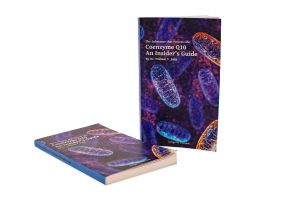
Dr. William Judy in his 2018 book, Coenzyme Q10: An Insider’s Guide, discusses the absorption and bioavailability of the ubiquinone and ubiquinol forms of Coenzyme Q10. The book is available from amazon.com. ISBN: 978-87-7776-186-7
There are numerous enzyme systems at work in the body to convert ubiquinone, the oxidized form of Coenzyme Q10, to ubiquinol, the reduced form of Coenzyme Q10. Despite marketing claims to the contrary, it is not necessary to take a ubiquinol supplement to get sufficient ubiquinol in the body [Mantle & Dybring 2020]. No worries there.
This is the take-home message in a peer-reviewed journal article published on May 5, 2020, in the Antioxidants journal [Mantle & Dybring 2020].
Ubiquinone (Oxidized Form) and Ubiquinol (Reduced Form)
Coenzyme Q10 molecules are redox molecules. In the body, they convert back and forward between their oxidized form, ubiquinone, and their reduced form, ubiquinol. What does that mean, oxidized and reduced?
Basically, the oxidized form is an electron acceptor form, and the reduced form is an electron donor form. Both forms of Coenzyme Q10 are highly lipid soluble. In CoQ10 soft-gel capsules, ubiquinone is yellow-orange in color; ubiquinol is milky white [Judy 2018].
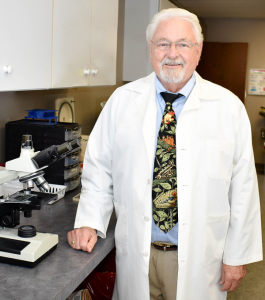
In two issues of WholeFoods magazine, February and March 2019, Dr. William Judy discusses the marketing claims on the Web that give a misleading picture of the relative absorption and bioavailability of ubiquinone and ubiquinol supplements.
Misleading Ubiquinol Marketing Claims on the Web
In many of the CoQ10 marketing claims on the Web, there seems to be “a lack of understanding of the processes determining the absorption and subsequent metabolism of coenzyme Q10 (that) has resulted in some manufacturers’ making incorrect claims regarding the bioavailability of their CoQ10 supplements” [Mantle & Dybring 2020].
Remember: Ubiquinone and ubiquinol are a redox pair; they are easily converted from the one form to the other in the lymph and blood and tissue cells according to what the functional need is in a particular location [Judy 2018].
It makes good sense that the Coenzyme Q10 absorbed from the diet and from supplements is predominantly in the form of ubiquinol as it moves through the lymph and the blood circulation to the tissue cells. After all, there is limited need for ATP energy generation – for which the ubiquinone form is absolutely necessary – in the lymph and blood. There, the need is for antioxidant protection, which is what ubiquinol gives. The ubiquinol form is the antioxidant form of Coenzyme Q10 [Judy 2018].
Ubiquinone Supplements Increase Plasma and Lipoprotein Ubiquinol Concentrations
A seminal study by Mohr, Bowry, and Stocker [1992] has shown that supplementation of humans with ubiquinone increased the concentrations of ubiquinol in plasma and in all of its lipoproteins. Intake of a single oral dose of 100 or 200 mg of ubiquinone increased the total plasma coenzyme Q10 content by 80% or 150%, respectively, within 6 hours. Long-term supplementation (three times 100 mg ubiquinone/day) resulted in 4-fold enrichment of ubiquinol in plasma and LDL-lipoproteins [Mohr 1992].
Enzyme Systems to Convert Ubiquinone to Ubiquinol in the Tissue Cells
So, we know that we will get significant increases in ubiquinol concentration in the lymph and the circulating blood if we take a ubiquinone supplement. What about in the tissue cells? Can we get all the antioxidant protection we need from the ubiquinol form if we are taking a CoQ10 supplement in the ubiquinone form?
The answer seems to be yes, for two reasons.
Reason 1: Enzyme Systems Convert Ubiquinone to Ubiquinol in the Body
Inside the cells, there are several enzyme systems that are capable of maintaining Coenzyme Q10 in its ubiquinol form to protect the cells against oxidative stress [Mantle & Dybring 2020]:
- cytochrome b5 reductase
- lipoamide dehydrogenase
- glutathione reductase
- thioredoxin reductase (a seleno-enzyme)
- NAD(P)H dehydrogenase quinone 1 (NQO1)
Moreover, in 2019, researchers identified ferroptosis suppressor protein 1 (FSP1) as an oxidoreductase that reduces ubiquinone to ubiquinol, which acts as a lipid-soluble antioxidant to stop the production of dangerous lipid peroxides [Mantle & Dybring 2020].
Reason 2: Evidence from Clinical Trials Done with Ubiquinone Supplements
The best and most convincing clinical trials have been done with the ubiquinone form of Coenzyme Q10:
- Chronic heart failure patients, average age = 63 years: 3 times 100 mg of ubiquinone daily for two years significantly improved the symptoms, quality of life, and survival of chronic heart failure patients, average age = 63 years [Mortensen 2014].
- Community-living senior citizens, average age = 78 years: 2 times 100 mg of ubiquinone in combination with 200 mcg of an organic selenium-enriched yeast preparation daily for four years significantly reduced the risk of dying from heart disease, improved heart function as seen on echocardiograms, and reduced the levels of bio-markers for oxidative stress, inflammation, and fibrosis in senior citizens, average age = 78 years [Alehagen 2013].
- Congestive heart failure patients, average age = 67 years: Daily supplementation with ubiquinone at a rate of 2 mg/kg of body weight for one year significantly reduced the rate of hospitalization for worsening heart failure and the incidence of serious complications [Morisco 1993].
Nota bene: All of these study participants who benefited from the treatment with the ubiquinone form of Coenzyme Q10 were considerably above the age of 40. Perhaps we can take with a grain of salt the marketing claim that people over the age of 40 need a ubiquinol supplement?
The Formulation of the CoQ10 Supplement is Decisive
In a 2019 double-blind crossover study, Professor Guillermo Lopez-Lluch has compared the bioavailability of ubiquinone and ubiquinol supplements containing 100 mg of Coenzyme Q10.
- One ubiquinone supplement significantly outperformed the ubiquinol supplement.
- A second ubiquinone supplement with identical content and identical capsule but without having been through the same heating and cooling process as the first ubiquinone supplement was itself outperformed by the ubiquinol supplement.
Conclusion: Ubiquinone vs Ubiquinol
- It is not necessary to take a ubiquinol supplement to increase plasma and lipoprotein ubiquinol content. A good ubiquinone supplement will do the job.
- It is not necessary to take a ubiquinol supplement to get sufficient ubiquinol in the tissue cells. There are enzyme systems in place to convert ubiquinone to ubiquinol as needed.
- Clinical trials show that people in their 60s and 70s have benefited from supplementation with ubiquinone.
- Not all CoQ10 supplements are absorbed equally well. It is important to choose a well-documented CoQ10 supplement.
Sources
Alehagen U, Johansson P, Björnstedt M, Rosén A, & Dahlström U. (2013). Cardiovascular mortality and N-terminal-proBNP reduced after combined selenium and Coenzyme Q10 supplementation: a 5-year prospective randomized double-blind placebo-controlled trial among elderly Swedish citizens. International Journal of Cardiology, 167(5), 1860-1866.
Judy WV. (2018). Coenzyme Q10: The Substance That Powers Life; An Insider’s Guide. ISBN: 978-87-7776-186-7.
López-Lluch G, Del Pozo-Cruz J, Sánchez-Cuesta A, Cortés-Rodríguez AB & Navas, P. (2019). Bioavailability of coenzyme Q10 supplements depends on carrier lipids and solubilization. Nutrition; 57, 133–140.
Mantle D & Dybring A. (2020, May 5, Epub). Bioavailability of Coenzyme Q10: An overview of the absorption process and subsequent metabolism. Antioxidants; 9: 386.
Mohr D, Bowry VW & Stocker R. (1992). Dietary supplementation with Coenzyme Q10 results in increased levels of ubiquinol-10 within circulating lipoproteins and increased resistance of human low-density lipoprotein to the initiation of lipid peroxidation. Biochimica et Biophysica Acta; 1126(3), 247-254.
Morisco, C., Trimarco, B., & Condorelli, M. (1993). Effect of coenzyme Q10 therapy in patients with congestive heart failure: a long-term multi-center randomized study. The Clinical Investigator, 71(8 Suppl), S134-S136.
Mortensen SA, Rosenfeldt F, Kumar A, Dolliner P, Filipiak KJ, Pella D, & Littarru, G. P. (2014). The effect of coenzyme Q10 on morbidity and mortality in chronic heart failure: results from Q-SYMBIO: a randomized double-blind trial. JACC. Heart Failure, 2(6), 641-649.
The information presented in this review article is not intended as medical advice. It should not be used as such.
15 May 2020



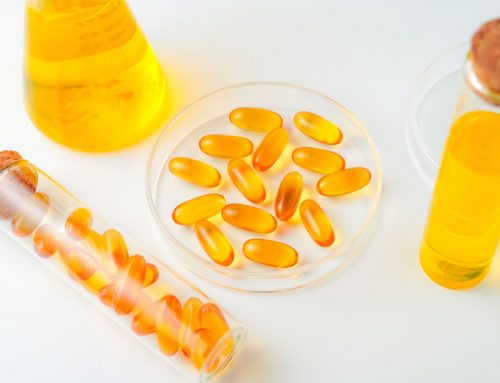
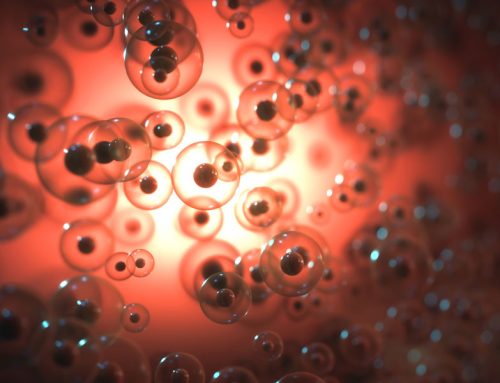
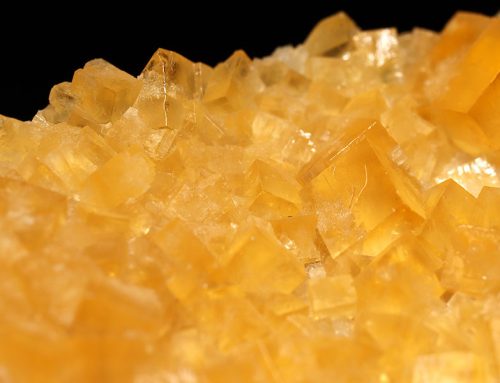
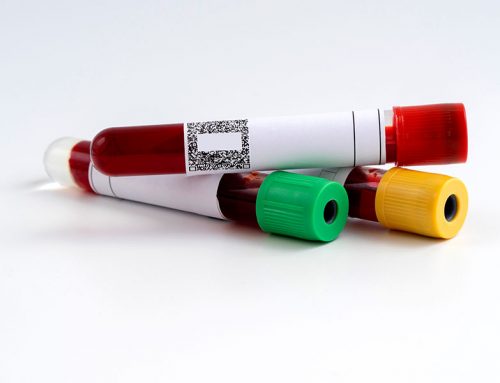
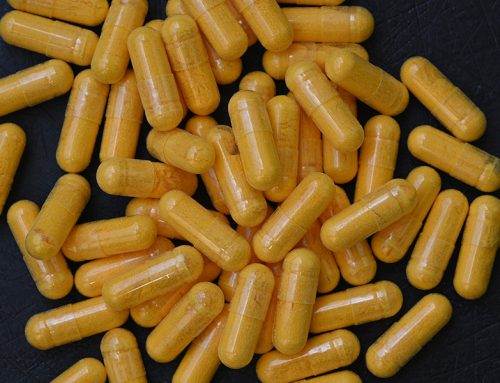
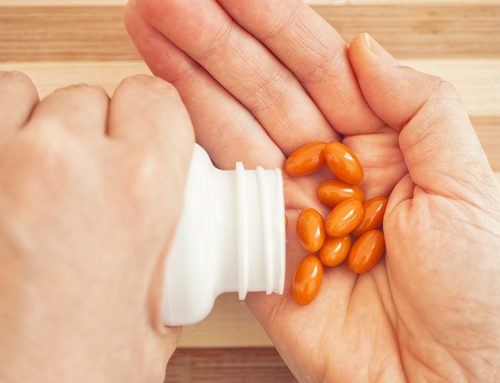
Thank you, doctor, for this excellent explanation. I have a question for you. Could an excessive plasma level of Ubiquinone (serum) at 1226 micrograms/L be explained by an incorrect transformation of ubiquinone into ubiquinol, given that we have no information on the level of the latter? Thank you for your answer.
Hello Severine,
Puh, 1.23 mg/L is not an especially high concentration for total Coenzyme Q10 in the plasma.
You are correct that one would expect to find 80% of the total Coenzyme Q10 to be in the ubiquinol form in the plasma.
Are you absolutely certain that the substance being measured was only the ubiquinone form of Coenzyme Q10 and total Coenzyme Q10?
What was the method of measurement? HPLC? Mass Spectrometry? ELISA assay? Do not think that this last has the same sensitivity and precision as the other two methods.
I am as puzzled as you are. If we say that the total Coenzyme Q10 content in plasma can range from 0.5 to 2.5 mg/L, then 1.23 mg/L is a representative value for total Coenzyme Q10 in plasma.
Thought experiment: if we say that 1.23 mg/L truly is the ubiquinone content in plasma and we expect the ubiquinone content in plasma to be no more than 20% of the total Coenzyme Q10 content in plasma, then the total Coenzyme Q10 content would 6.15 mg/L in a person whose ubiquinone content in plasma is 1.23 mg/L.
That is quite high. However, we do know that there is much individual variation in Coenzyme Q10 absorption. Perhaps the person with 1.23 mg/L ubiquinone in the plasma – if that is correct – is an unusually high absorber?
Is the person on supplements? How many milligrams per day?
Thank you for this interesting question.
Richard